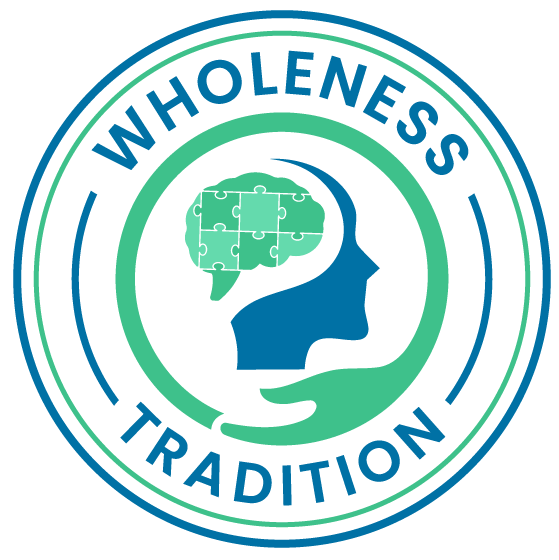
PTSD
Our Services
PTSD
Post-Traumatic Stress Disorder (PTSD) is a mental health condition that can develop after exposure to a traumatic event, such as a natural disaster, military combat, sexual or physical assault, or other traumatic experiences. PTSD can have a significant impact on an individual’s quality of life and well-being

The Impact That Will Happen In Your Life
- Your relationships with family and friends
- Your performance at work or school
- Your general health and wellbeing
What is PTSD?
• Being in a war zone
• Active combat
• Assault
• Natural disasters like floods,
•hurricanes, and tornados
• Loss of a loved one (particularly sudden or violent loss)
• Severe accidents
• Life-threatening injuries
After any traumatic event, most people experience negative emotional reactions. But, over time those symptoms usually improve. PTSD is different from an ordinary reaction to trauma because it causes ongoing symptoms that may get worse rather than better over time.
PTSD is also different from an ordinary trauma reaction because it causes symptoms so severe that they disrupt your daily life.
What are the symptoms of PTSD?
PTSD was once considered an anxiety disorder because it has some features of intense anxiety, but today mental health experts classify PTSD as its own unique disorder. With PTSD, there are four main categories of symptoms, including:
Intrusive memories
Intrusive memories can make you relive your trauma. This may take the form of persistent unwanted memories, flashbacks, or nightmares. Intrusive memories may not have a specific trigger, or something that reminds you of the trauma may cause these unwanted memories.
Avoidance
Avoidance means you go out of your way to prevent thoughts or discussions of the trauma. This may involve some degree of isolation because you may avoid certain places and people that make you think of the trauma.
Heightened arousal and increased reactivity
If you have PTSD, you may experience negative changes in the way you respond or react to certain things. Some common examples of these symptoms include being easily startled, constantly expecting danger to strike, and angry outbursts.
Thought and mood changes
PTSD can change the way you think about yourself, others, and the world around you. It may cause feelings of hopelessness, numbness, and detachment.
Everyone can experience PTSD differently, and your symptoms may change over time. But, no matter what your symptoms may be, PTSD can improve with the help of the Heritage Wellness team experts.
How is PTSD treated?
PTSD is a challenging mental health condition to live with, and that’s why the Heritage Wellness team provides the highest standard of efficient care to help you emerge from PTSD healthy and happy. Book an appointment online or call the office to schedule your evaluation now.
Online Counseling with Professional Providers
Experienced in Dealing With:
- Access professionals for effective mental health support
- Tailored treatment plans for individual needs and success
- Proven methods ensure safe, effective mental health treatment
- Addresses symptoms, lifestyle, and social factors
- Safe, non-judgmental space for sharing concerns and growth
